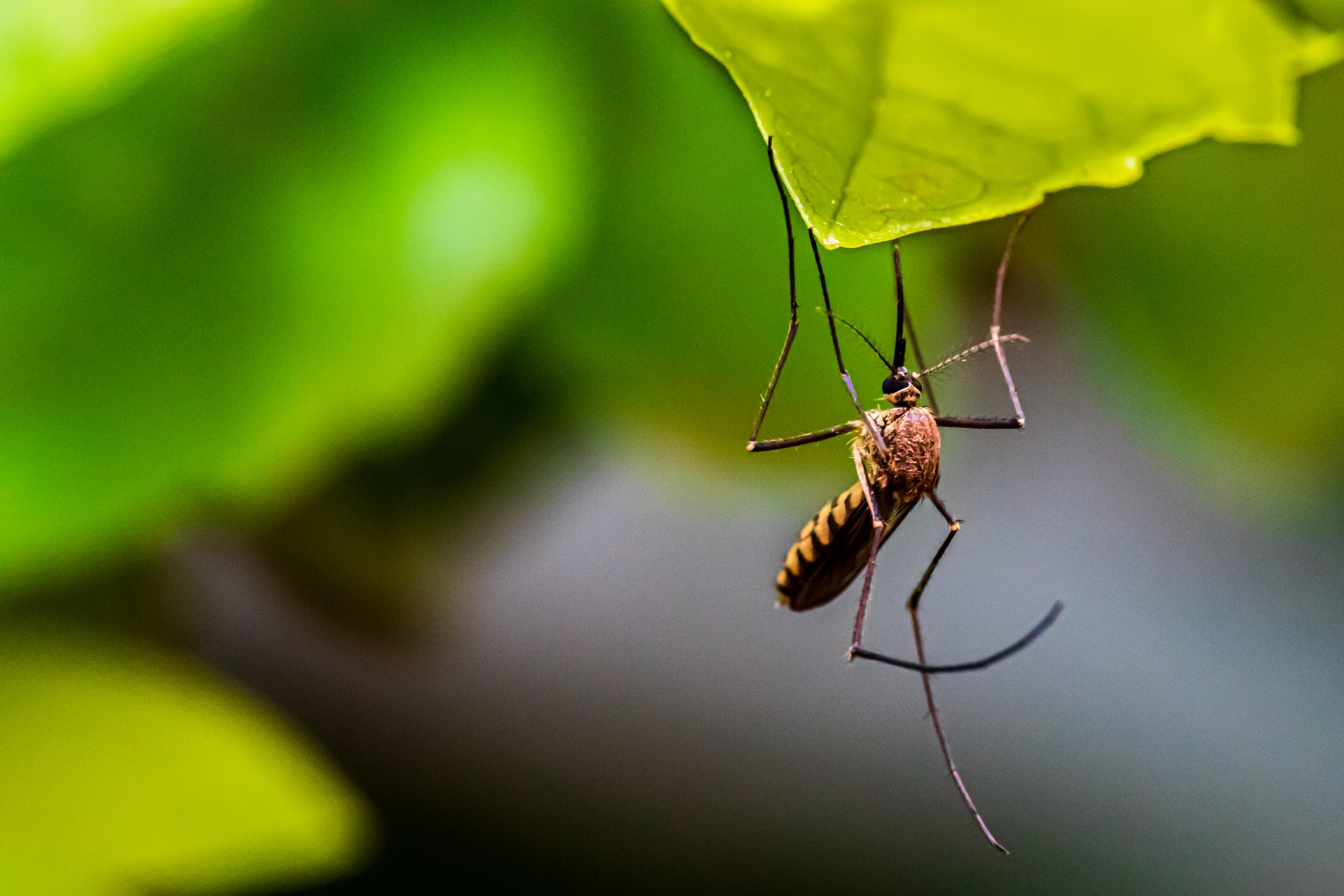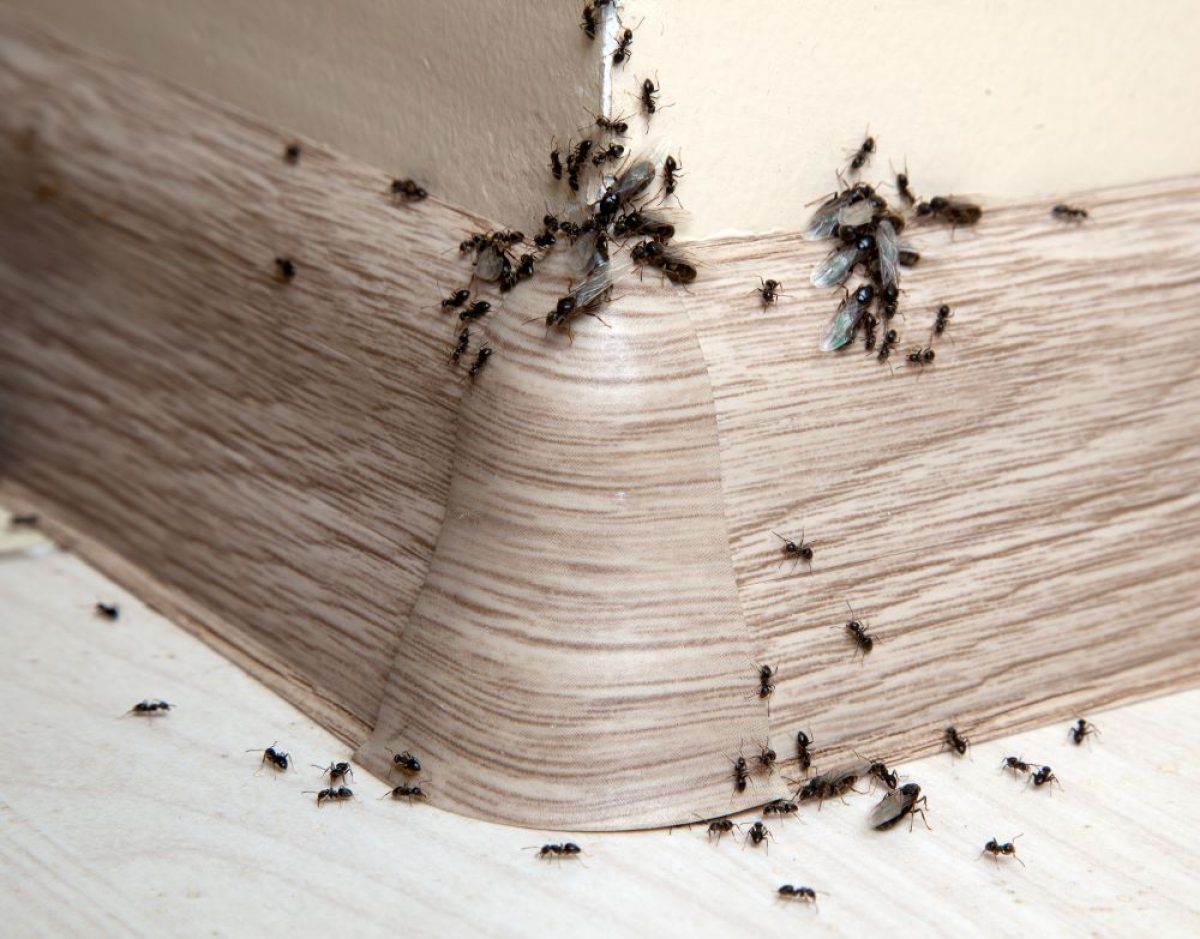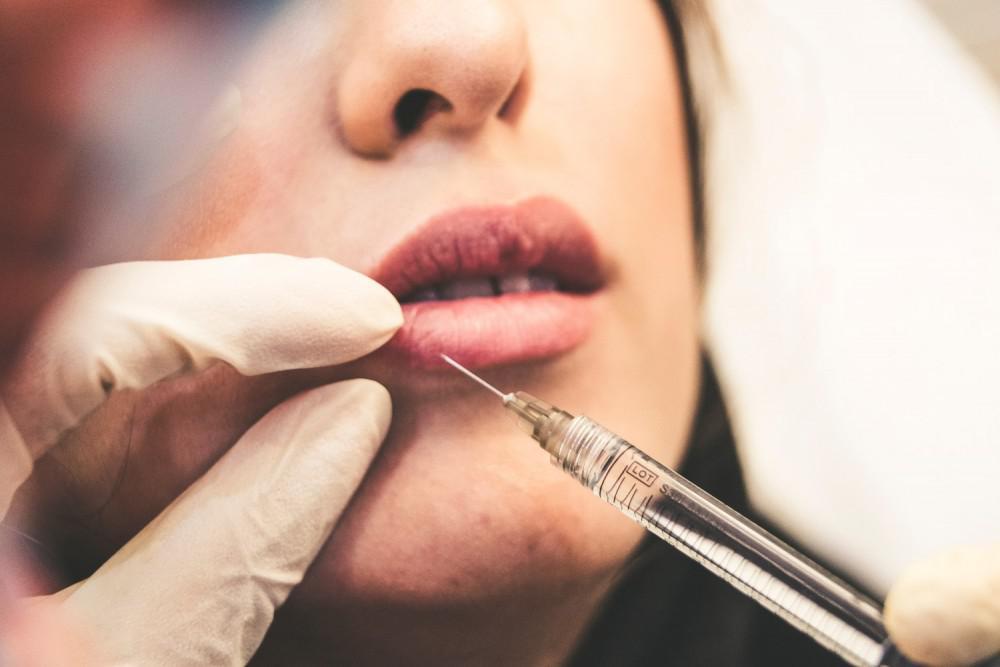As a surrogate, you already experienced your first pregnancy and are well aware of the best practices and safety instructions you need to follow during pregnancy. The arrival of the Zika virus has raised new concerns about mosquito bites and the effect they can have on the health and safety of expectant moms.
Background on Mosquito Bites
Historically, illnesses like malaria and dengue fever were the only concern surrounding mosquito bites. And these only occurred in areas outside of the United States. The West Nile virus arrived in the US a few years ago and created a spotlight on mosquito-borne illnesses. West Nile causes serious illness within the central nervous system such as meningitis and encephalitis. Even though it’s quite rare, the West Nile virus may be transmitted from a surrogate mother to the unborn child she is carrying. It can also be transmitted via breast milk. According to the Center for Disease Control, 1 out of 5 people who are infected will have symptoms and only 1 out of 150 people will display severe symptoms.
Zika virus is the newest contender in the mosquito-borne illness scene. Although only a few cases were ever reported in the US, there is still a growing concern about the spread of this virus. Expectant mothers who contract congenital Zika syndrome can expect significant issues in their baby’s health such as eye abnormalities, birth defects, reduced brain tissue, and microcephaly.
Why are mosquito-borne illnesses a particular cause for concern for expectant moms? Because expecting mother attract mosquitos, how? According to the CDC, malaria-carrying mosquitos are more drawn towards pregnant women because they exhale 21% more carbon dioxide, particularly in their final trimester. Mosquitos are drawn towards carbon dioxide, which they assume is their food source.
If you’re an expecting surrogate, don’t panic. The Center for Surrogacy and Egg Donation has compiled the following list of 4 mosquito safety tips that every surrogate must follow:
#1 Wear Complete Clothing When Heading Outside
If you plan to go outdoors, wear long-sleeved shirts and pants. You can also treat your clothes with permethrin; an insecticide and medication used in the United States. It’s excellent at repelling mosquitoes.
#2 Apply a Repellent
Picaridin and DEET are deemed safe by the EPA and CDC to use during pregnancy. These are the primary ingredients in insect repellents. There are other products that you can apply to your clothing to repel mosquitoes. Speak to your family physician for more information.
#3 Secure your Surroundings
During the summer months, try to keep your windows and doors closed during the mornings and especially at sunsets. Turn on the air conditioner if you’re feeling warm. If you prefer natural air, install screens and doors on all your windows. In addition, ensure there is no standing water around your home. This can serve as a potential breeding ground for mosquitoes.
#4 Be Aware of Safety Precautions
Some mosquito-borne illnesses may be transmitted from the exchange of bodily fluids such as malaria. Even the Zika virus can be spread via unprotected sex. Discuss your risk factors and how you can practice safe sex with your doctor.
Rite Options is a leading center for surrogacy and egg donation. To learn more about mosquito safety tips, contact us.














